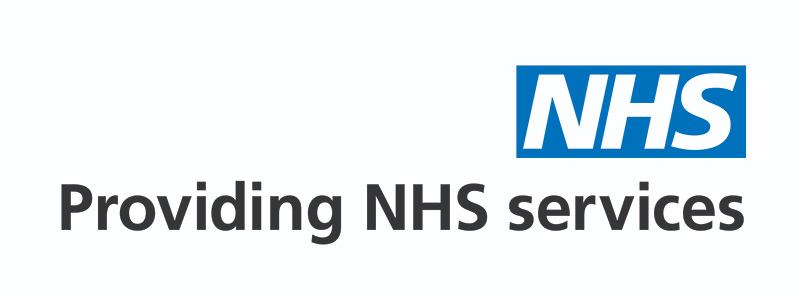About Asthma
Asthma: Understanding the Condition, Causes, and Management
Asthma is a chronic respiratory condition characterized by inflammation and narrowing of the airways, leading to difficulty breathing. It can cause episodes of wheezing, shortness of breath, chest tightness, and coughing. Asthma can affect individuals of all ages and often requires ongoing management to control symptoms and prevent flare-ups.
Causes and Triggers of Asthma
Common Causes:
- Genetics: A family history of asthma or other allergic conditions can increase the likelihood of developing asthma.
- Environmental Factors: Exposure to allergens such as pollen, dust mites, mold, and pet dander can trigger asthma symptoms.
Common Triggers:
- Allergens: Common allergens include pollen, dust mites, mold spores, pet dander, and cockroach waste.
- Air Pollutants: Smoke, chemical fumes, and strong odors can exacerbate asthma symptoms.
- Respiratory Infections: Colds, flu, and other respiratory infections can trigger or worsen asthma symptoms.
- Physical Activity: Exercise-induced asthma occurs when physical exertion leads to shortness of breath and other symptoms.
Managing Asthma
Medication:
- Inhalers: Inhalers are the primary treatment for asthma. They deliver medication directly to the lungs to reduce inflammation and open airways.
- Long-term Control Medications: These include corticosteroids and other medications taken daily to prevent symptoms and manage chronic asthma.
- Quick-relief Medications: Also known as rescue inhalers, these provide rapid relief from acute asthma symptoms.
Lifestyle and Home Remedies:
- Avoid Triggers: Identify and avoid allergens and irritants that trigger your asthma symptoms.
- Maintain a Healthy Environment: Keep your living spaces clean, free from dust, and well-ventilated.
- Monitor Your Breathing: Use a peak flow meter to monitor your lung function and adjust your medication as needed.
- Follow an Asthma Action Plan: Work with your GP to develop a personalised asthma action plan that outlines how to manage your condition and respond to worsening symptoms.
When to Seek Medical Help
Asthma can usually be managed effectively with proper treatment and lifestyle adjustments. However, you should seek medical help if you experience any of the following:
- Severe shortness of breath that does not improve with your usual medications.
- Difficulty speaking due to breathlessness.
- Blue lips or face, indicating a lack of oxygen.
- Worsening symptoms despite following your asthma action plan.
Resources and Advice
Shortness of breath can be a medical emergency requiring a 999 response. If unsure consult our Emergencies page or ring 111. In case of medical emergency dial 999. If you have any concerns or persistent symptoms, do not hesitate to contact our GP surgery for a consultation and professional advice. Proper diagnosis and treatment are essential for managing breathlessness effectively.

